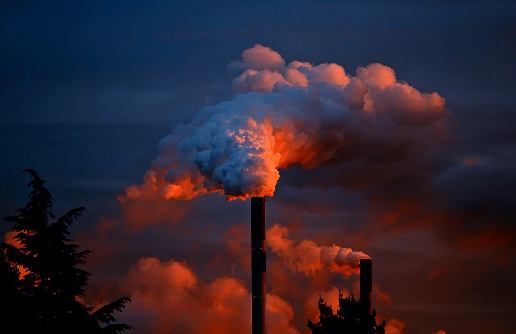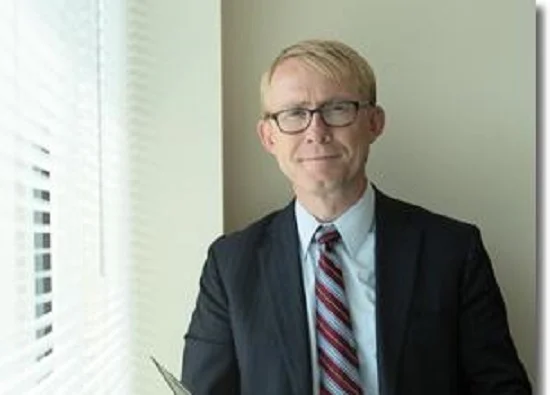Ukraine crisis challenges EU Taxonomy stance on natural gas
29th March, 2022|Perle Battistella

Market participants discuss how the war in Ukraine affects the recent inclusion of natural gas and nuclear energy in the EU Taxonomy
Russia's invasion of Ukraine has forced some investors to question further the European Union Taxonomy's inclusion of natural gas, an already controversial decision that has divided opinion.
The European Commission outlined at the start of this year an amendment to the Green Taxonomy that allowed the inclusion of natural gas and nuclear energy.
The consensus at the time was that, while natural gas is not a sustainable source of energy, it is less damaging than oil or coal so gas could play a key role in enabling the transition to net zero.
He said: "If you look inside Europe such as Poland or Germany, or outside Europe such as South Africa which relies on coal for more than 75% of its electricity, it would not make sense to turn off coal. The question is could they get off coal more rapidly if they have intermediate solutions? Some would argue that they can't and that they should go straight to renewable energy. However, there is a case that you allow gas on a limited basis to substitute what is twice as bad in order to get to a better point."
David Morrison, senior market analyst at Trade Nation, agrees with Lacaille, adding: "I think it makes complete and utter sense to natural gas and nuclear energy in the EU Taxonomy."
Will Wilson, ESG assistant vice president, climate lead at Apex Group, added: "The inclusion of gas and nuclear is highly controversial and I personally don't see how these could be viewed as sustainable. I completely understand where they're coming from, it's viewed as a transition. For example, Poland is very dependent on coal, so they were looking to transition to gas first and then renewables. However, with the situation in Ukraine they're now probably going to extend their usage of coal and then go directly to renewables to de-risk themselves from Russia."
The European Union, notably Germany, is heavily reliant on Russian natural gas but has in recent weeks promised to reduce its reliance on gas from Russia, meaning Europe may have to find alternative sources, which is potentially problematic.
Cedric Merle, head of the Centre of Expertise & Innovation at Natixis CIB’s Green & Sustainable Hub, believes the inclusion of natural gas in the EU Taxonomy may become obsolete because the carbon footprint associated with the transportation of liquefied natural gas from far-flung countries such as the United States, Algeria and the United Arab Emirates is problematic.
Morrison said: "Most of the natural gas comes from Russia and if we take it elsewhere then the carbon footprint would increase. There are other potential gas fields that are closer to Europe but it's not straightforward and we have to consider where we are with Russia. We currently have sanctions on Russia, but things could move very quickly."
Another blindspot noted by Merle is that there is a 'do not significantly harm' criterion in the EU Taxonomy and social minimum safeguards, which relates to human rights, freedoms and international norms.
The current criteria are only assessed at the activity level by the company performing the activities and thus, the supply of critical materials or inputs is not part of these assessments. "We are seeing the debate slightly evolving with Russia's invasion. Some observers are now wondering if even with the most efficient gas plants, one can be violating the social minimum safeguards by importing raw materials from a Rogue State such as Russia? This does not only apply to Russia, but I think that will also be part of the big picture," added Merle.
David Hunter, co-founder and chief investment officer of Renewity, believes the Ukraine crisis has demonstrated the risks associated with a country being heavily dependent on a single third-party to deliver an essential resource.
Hunter said: "We expect the current situation to accelerate a shift whereby no government in Europe will build long-term dependency on a foreign power anymore unless they are extremely confident that that country is aligned with them on a long-term basis. The current geopolitical crisis has shaken the grounding on which long term planning for importing energy was built, and, to some extent, will remove the confidence that nations will have in outsourcing or importing energy."


